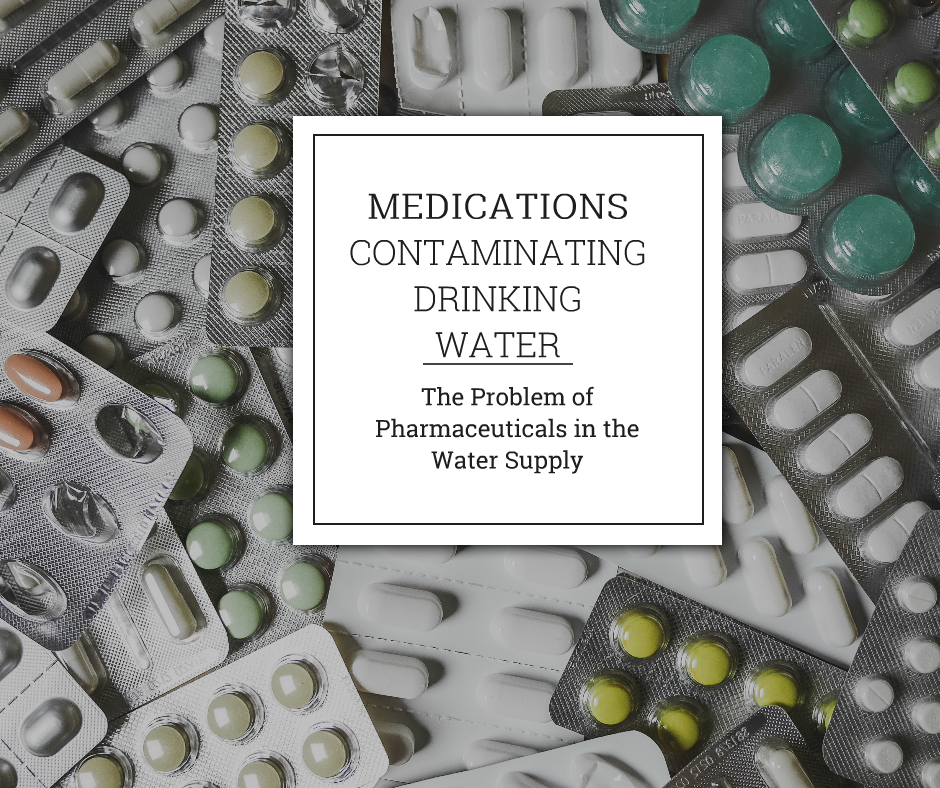Medications Contaminating Drinking Water
Posted by intelgadgets on 9th May 2016

Trace Pharmaceuticals in the Water
There are all sorts of chemicals and contaminants, from pesticides to germs, that can find their way into drinking water. But there’s another potential danger to water that is a more recent problem. That is the discovery of trace amounts of pharmaceuticals in our water supplies.
The Problem of Pharmaceuticals in the Water Supply
With more recent technologies that improved the way water can be tested, experts discovered small amounts of pharmaceuticals in tap water, in addition to groundwater, surface water and other water sources. The molecules from pharmaceuticals are generally able to make their way through current water treatment systems that take care of other contaminants in tap water.
A water screening by the Southern Nevada Water Authority checked water in 2006 to 2007 from 19 different water utilities in America. The screening commonly found numerous pharmaceuticals, including mood-stabilizers, beta-blockers, oestrogen hormones, painkillers, antibiotics and more.
Is This Dangerous?
Experts are unsure about how these levels of pharmaceuticals might affect people and the environment. The levels are much smaller than doses of the medicine, yet it’s unclear how low levels might affect us over time or with the mixtures of pharmaceuticals that are found together.
Nonetheless, some evidence has already shown that these levels seem to have an effect on species in the water. One example is male fish that were taking on feminine traits seemingly due to oestrogenic compounds in the water, reports Maria Burke on the Royal Society of Chemistry website. The Environmental Protection Agency considers pharmaceuticals “contaminants of emerging concern,” or CECs, to aquatic life.
The Southern Nevada Water Authority researchers said the extremely low levels would not be considered a threat to public health, but that it might be worth talking to your doctor about how it could affect your health, especially if you have a health condition. Christian Daughton, who works for the National Exposure Research Laboratory of the EPA, notes that some water tests show signs that pharmaceuticals in the water might pose a problem to people with weakened health and to fetuses.
What Can Be Done?
Until water treatment facilities catch up to this kind of contamination of the water, you most likely need to concentrate on your own water. Certain kinds of filters, such as activated carbon filters, have been associated with removing pharmaceuticals from water. So an alkaline water filter or water ionizer that includes these kinds of filters could help you reduce your exposure to pharmaceuticals in the drinking water.
Sources: http://www.rsc.org/chemistryworld/Issues/2008/September/SomethingInTheWater.asp, http://www.epa.gov/wqc/contaminants-emerging-concern-including-pharmaceuticals-and-personal-care-products, https://www.newscientist.com/article/dn16397-top-11-compounds-in-us-drinking-water/
